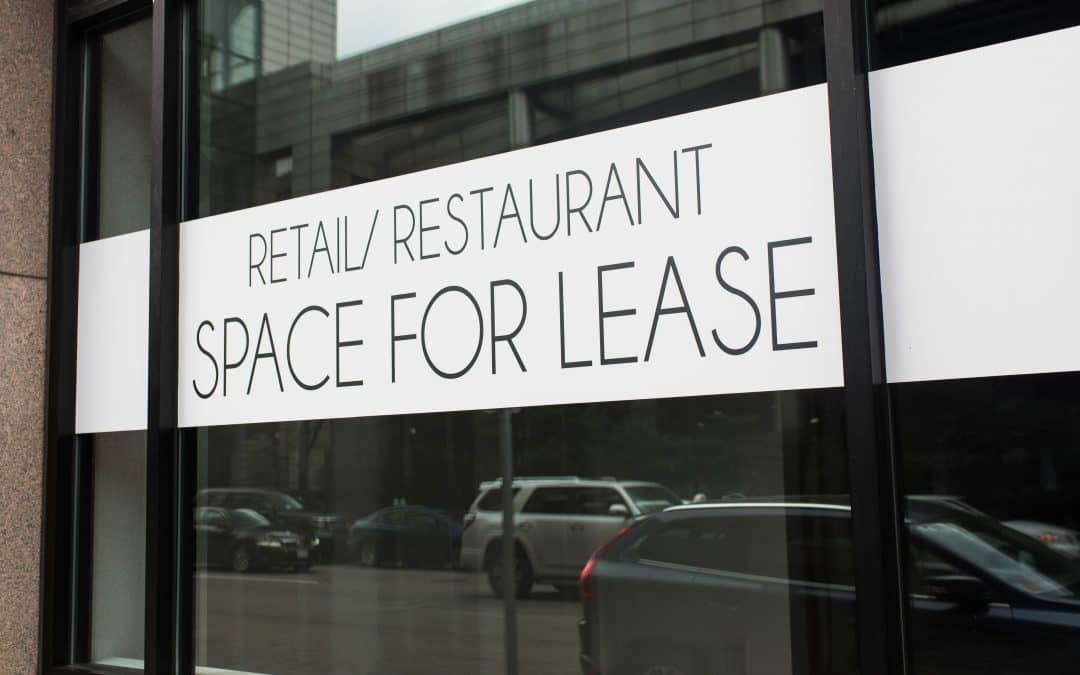Many commercial tenants, particularly in the hospitality and retail sectors, have accrued significant rent arrears during the Covid-19 pandemic. Despite the availability of government grants, many businesses have been simply unable to meet all of their outgoings in consequence of many months of enforced closures and reductions in profits.
As we transition back to something of a normality, commercial landlords and tenants may be left wondering where they stand with regards outstanding ‘Covid-19 arrears’.
Earlier this month, the Government published a policy statement titled “supporting businesses with commercial rent debts” outlining the way forward. The salient points are considered below.
1. Ringfencing
Considerable statutory protections are currently in place for commercial tenants. Notably, Section 82 of the Coronavirus Act 2020 prohibits landlords from exercising forfeiture clauses under commercial leases for a tenant’s non-payment of rent. Use of the Commercial Rent Arrears Recovery (CRAR) mechanism for seizing a defaulting tenant’s goods is also suspended. These protections are in place until 25 March 2022.
However, new legislation will be passed ‘ringfencing’ arrears that are accrued both:
- after March 2020; and
- before the end of trading restrictions for the tenant’s sector.
Once this legislation is enacted, tenants will only be protected from forfeiture and CRAR in respect of the ringfenced arrears.
It will therefore be left open to Landlords to pursue forfeiture or CRAR in the usual way for:
- arrears incurred prior to March 2020;
- arrears incurred after the end of trading restrictions for the tenant’s sector; or
- arrears from tenants not affected by enforced closures.
This signifies a departure from the near absolute protection from forfeiture and CRAR currently benefitting tenants.
2. Publication of a revised Code of Practice
Many commercial landlords and tenants have already reached agreements on arrears accumulated during the pandemic, often by waiving or deferring repayment of some or all of the debt.
The Government has proactively encouraged landlords and tenants to come to their own arrangements and has published a voluntary Code of Practice, accessible here, to promote good practice amongst commercial property relationships. The main principles are acting with transparency, in corroboration with others and reasonably and responsibly.
The Government will shortly be publishing a revised Code of Practice as a precursor to the new legislation. This revised code will set out principles forming a basis upon which landlords and tenants can negotiate, and these principles will be enshrined in the new legislation.
The Government has already made clear that it expects landlords to share an appropriate portion of the financial burden of the pandemic with tenants who cannot pay where they are able to do so. On the other hand, tenants who can pay, are expected to do so.
3. Proposal for a new arbitration system
There will inevitably be cases where, even after negotiation, landlords and tenants are unable to reach agreement on Covid-19 rent arrears.
The Government will be introducing a new, binding system of arbitration to determine disputes as a last resort where landlords and tenants are unable to reach their own resolution by negotiation.
There will be a focus on creating a system that is quicker and easier than the conventional court process, and one which will be of a manageable cost for the parties involved.
At this stage, both landlords and tenants can expect to jointly contribute to the cost of arbitration, though arbitrators may have powers to grant the cost of arbitration as part of their decision if it is found that one of the parties have not negotiated with good faith, or contrary to the spirit the principles set out in the revised code of conduct.
The specific proposals for this arbitration system will be released in due course, with landlords, tenants and their legal advisors alike keeping a keen eye on the developments.

How we can help
The law regulating the relationship between commercial landlords and tenants during these difficult times continues to rapidly evolve. Wollens’ Property Litigation and Commercial Property teams continue to anticipate and keep abreast of the developments as they occur.
If you are either a landlord or a tenant concerned about rent arrears, do get in touch, for clear and pragmatic advice on your options.
Contact John today for a discussion :
call : 01392 301097
email: [email protected]



